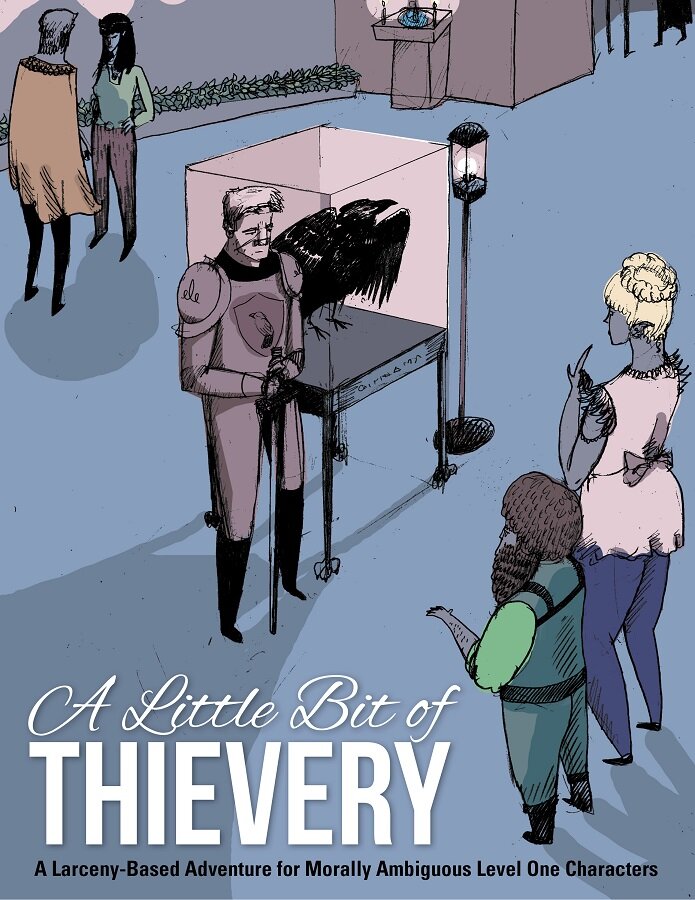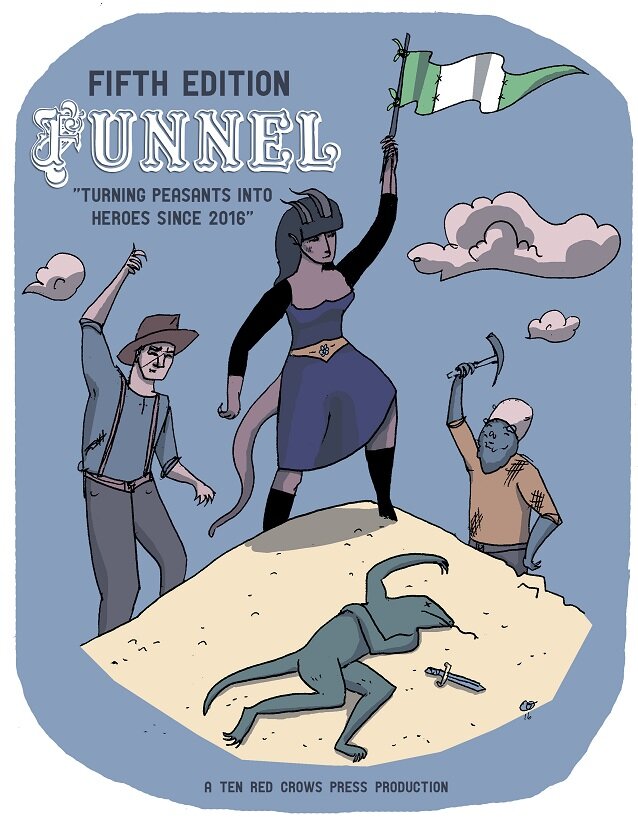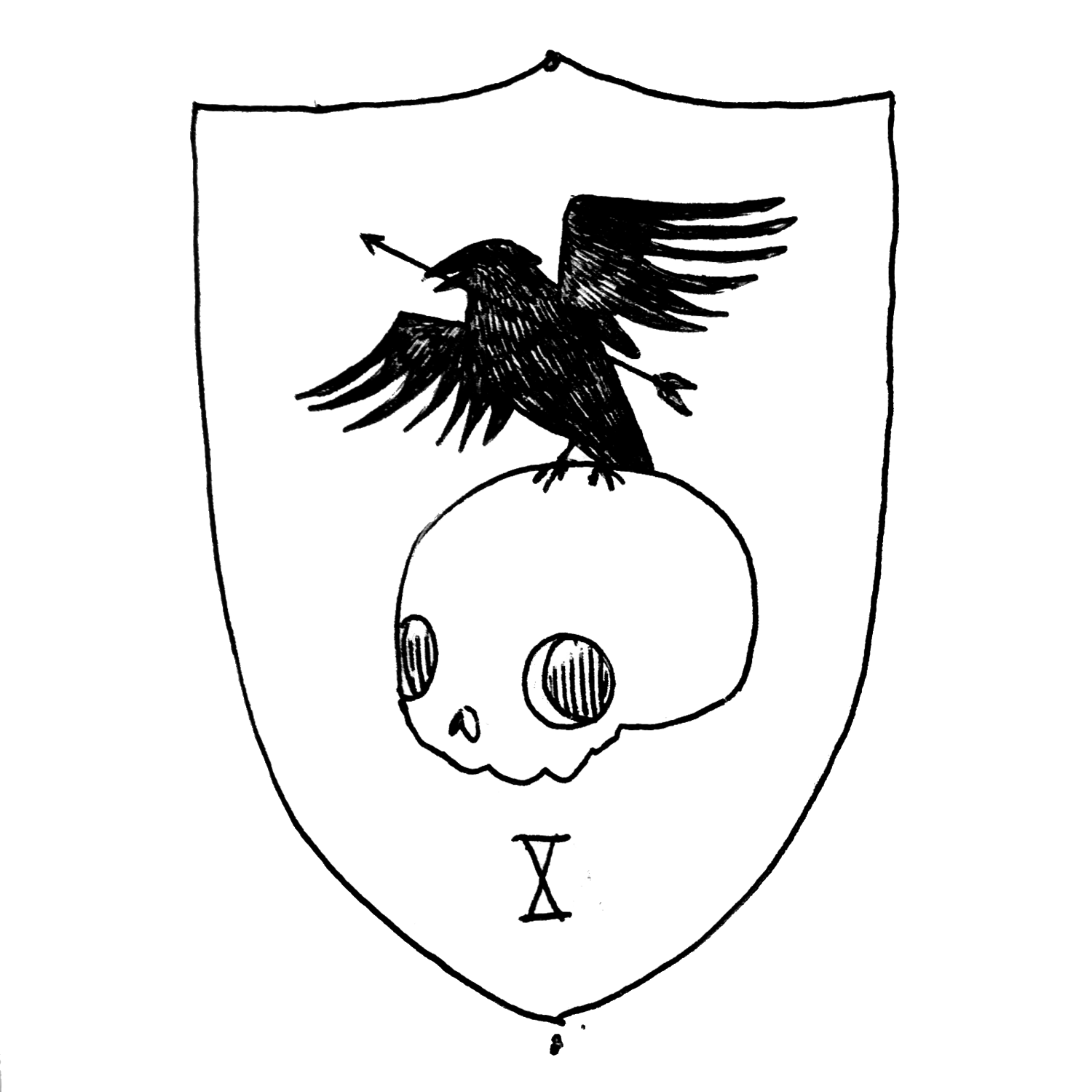One of the striking characters in Orange Is the New Black is the system itself. The correctional system. The prison-industrial complex. Whatever you call it, the system that ultimately changes all the people it touches, and not all for the better.
Because of the systems in place, characters in the show are often forced to make very difficult decisions that flaunt traditional morality. Prisoners are abused to maintain order. Guards are forced to choose between abuse or loss of order. Prisoners are forced to make tenuous alliances in order to survive. During genuine altercations the administration has to choose whether to back the guards, who work for administration every day, or the prisoners, who the administration is supposed to protect and rehabilitate. Regardless of good intentions or clever solutions, there are often few answers that satisfy everyone.
“Listen to me. This isn’t for someone like you. This place crushes anything good. It’s like a monster that’s grown too big for its stubby little legs, and now it’s stumbling around crushing whole cities. You can’t survive it Bayley. [. . .]
[E]ven if you’re the city now, one day you’ll be the monster. Working here changes who you are.”
Orange is fiction, but in real life, systems can trap and change all but the hardiest. The Stanford Prison and Milgram Experiments show that normal people (like you and I) with minimal encouragement can do pretty horrible things. In the Stanford Prison study, some students assigned as guards turned to abusive tactics within a day. In Milgram's Experiment, normal people with subtle encouragement would have electrocuted someone who missed a vocabulary question. The institution changes you.
Here is how you can use these institutional systems in your campaign.
"Bad" guy motivation
Evil NPCs can suffer from a lack of traditional motivation and systems can provide reasoning for a evil character's actions. A really good example of this is in Glass Cannon Podcast's playthrough of the Battle of Bloodmarch Hill. The villain, half-orc Skreed Gorewillow, notes that part of his motivation for attacking the town was the sharp racial divisions between humans, half-orcs, and orcs. A player even pauses in a subsequent episode and considers how half-orcs have been twisted by their environment of hate and rejection.
“How do [humans] look at you when you walk down the street?”
Although we can point at genuine evil acts that Skreed commits, such as rallying forces to burn down the local town, he engenders a sense of sympathy. He is the product of the informal racial systems that dominate the area. Should the characters really be supporting the status quo? Can they see in themselves the system that produced Skreed? What would they have done if the situation was reversed?
But, are they really just like us?
You can start to introduce these concepts by "humanizing" traditionally "bad" races. Blizzard does this well in Warcraft III. Orcs, long feared as evil, turn out to be just like us once the demon curse is lifted. Too bad systems of discrimination were already in place when the game starts: the vanquished orcs are in internment camps ran by the Alliance.
As a DM you can drop these hints in any setting. What if that Gnoll patrol our heroes ambush is actually defending their homeland? What if the adventurers find poorly written notes to gnolls' pups back home? After slaughtering the orc combatants in cave, do the heroines and heroes kill the small orc children huddled in a corner? Should our adventurers smash kobold eggs when they find them? If they do, they start to look less like paragons of justice, and more like they enemy they are fighting. If they don't, they are going to have to explain themselves to the local magistrate that hired them. Remember, that magistrate is on the front line every day, and will be less than pleased if the adventurer's return with extra orc mouths to feed.
Maybe it's the history, stereotypes, and roles that the characters play that perpetuates the violence, not the fact that either side is "evil". Remember, these systems are in place for a reason. Although not currently evil, the orcs in Warcraft were interned at the beginning of Warcraft III because, under demonic control, they participated in two long brutal wars with the humans (who are now less than trusting). How would your players begin to break down that system?
Using D&D to Play with Morality...
D&D is an experience machine. Through role play, we get to be adventurers: People imbued with more power, responsibility, and choice than your average citizen. If you so choose, D&D can also be used to experience deep moral questions that permeate our society. How would your players react the above situations? Like real life, choices are not black and white, or us versus them. They ultimately are more gray. Do the player characters spend the time and resources tearing down bad systems, or do they, say for the moral convenience of it all, become apart of it? Challenge your players with this. Mine always surprise me with acts of kindness and (the occasional spot of) cruelty.
...but know your players
One final point: everyone plays D&D for different reasons. Some players may not be enthralled with making morally gray decisions. They came to drink beer and slay goblins, not discuss the violence inherent in the system. If you're players are not into it, don't continuously thrust them into morally ambiguous situations. It's ok, and not a bad way to play at all. Not having to make moral decisions can be a refreshing reprieve from life. There are evil goblins up in those caves, it's clear they are up to no good. Please clear them out.



